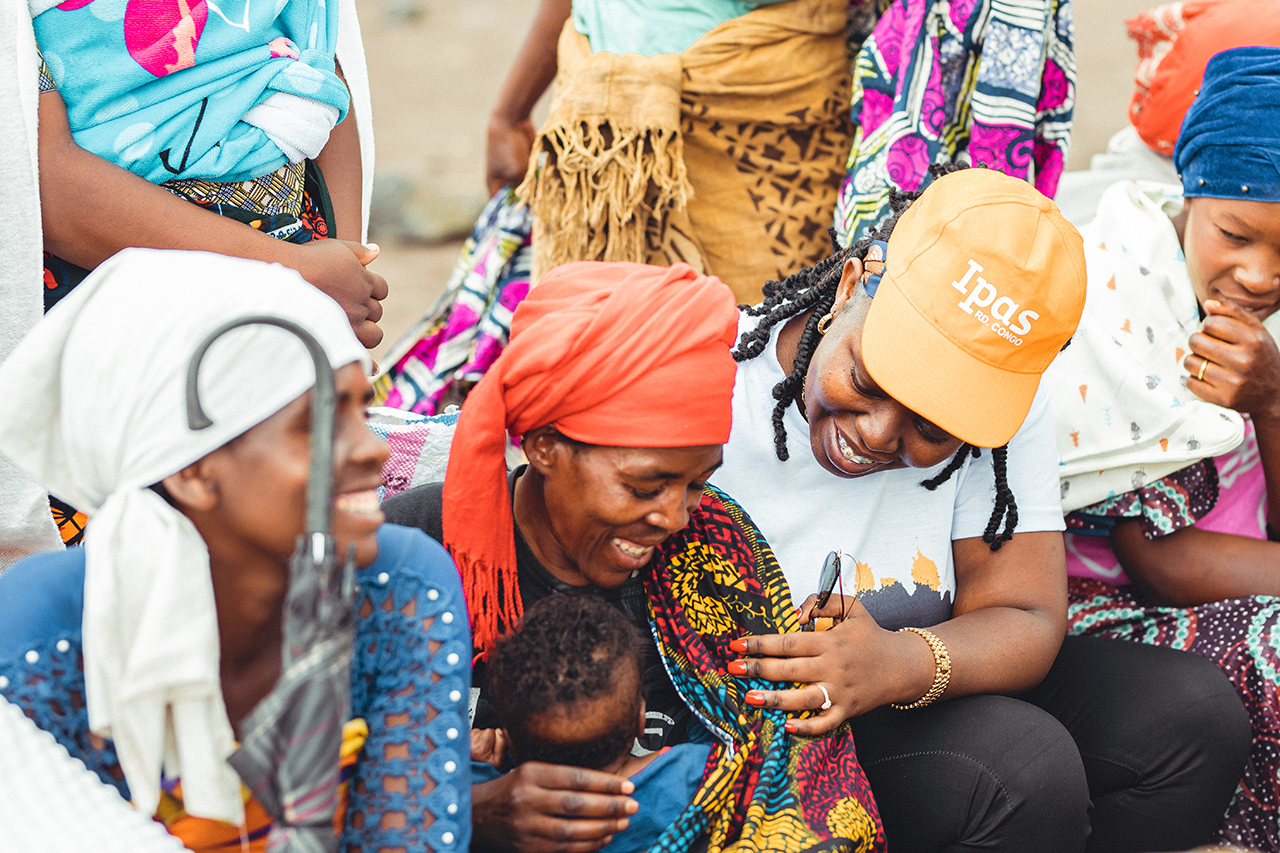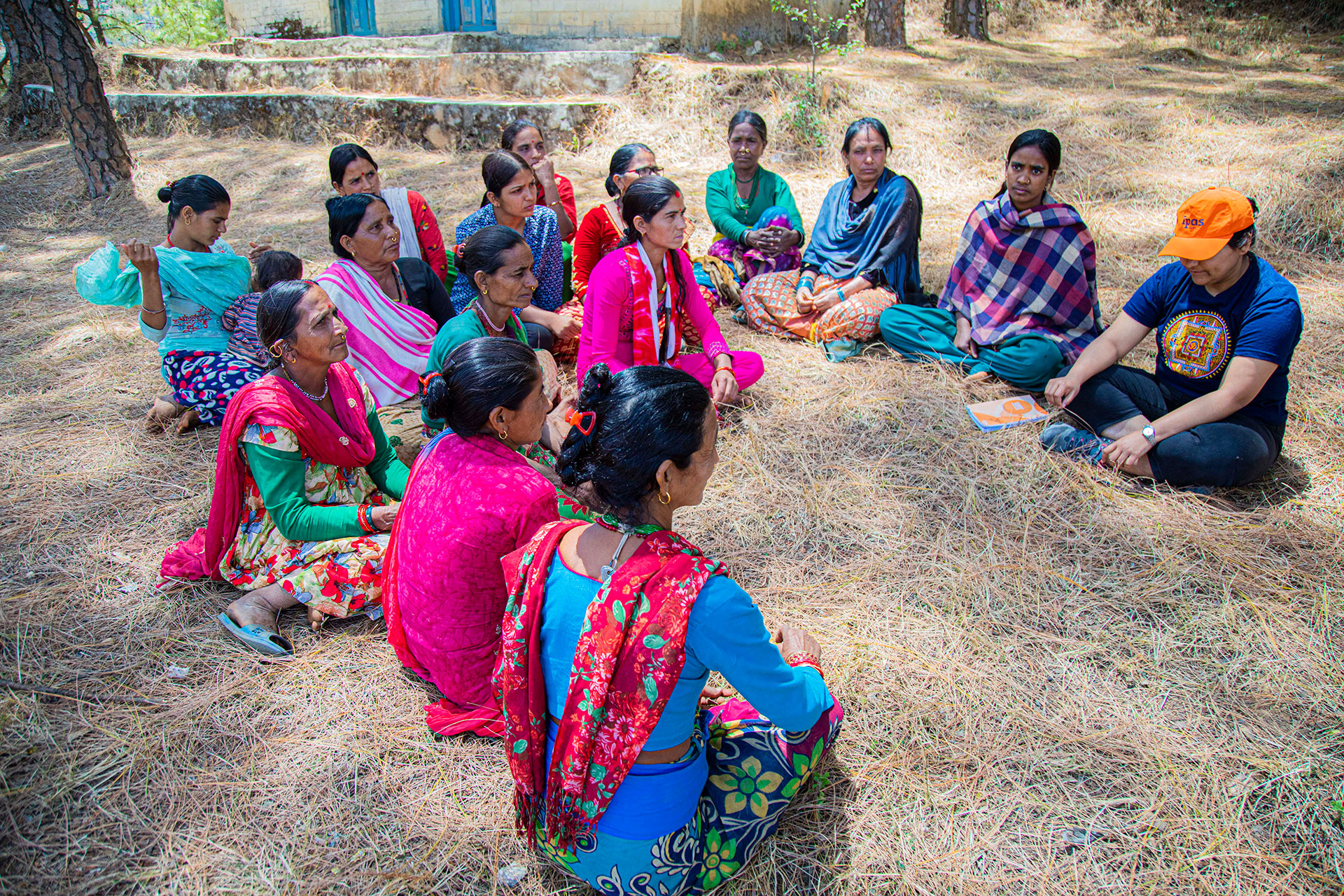
Photo by Unforgettable Moments for Ipas
For over 50 years, Ipas has been laser-focused on building a world where all women and girls can control their own bodies and futures.
We work with partners across Africa, Asia and the Americas to ensure that reproductive health care, including legal abortion and contraception, are available and accessible to all.
Our holistic approach is locally led but makes systems-level change. We strengthen and coordinate with existing public health systems and community organizations so that safe abortion and contraception become integrated, sustainable parts of health care.
Our audacious vision
We’re proud to share some big news: With significant new support from donors to The Audacious Project, we’re accelerating our work globally in ways that will transform millions of lives.
Our impact in 2025
We helped health systems expand legal abortion access
At the 10,543 Ipas-supported health access points across 24 countries:
people received abortion services
people received contraception
We work for a more just world—and we work in a way that upholds our values.
We are a locally led, globally connected network, and we pay attention to equity, power and accountability in all aspects of how we work.
Learn about how we practice shared leadership.

Ipas Nepal

